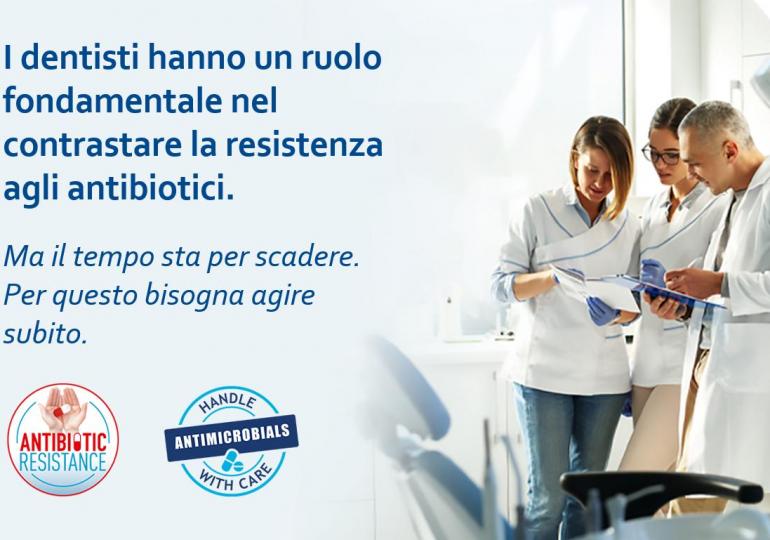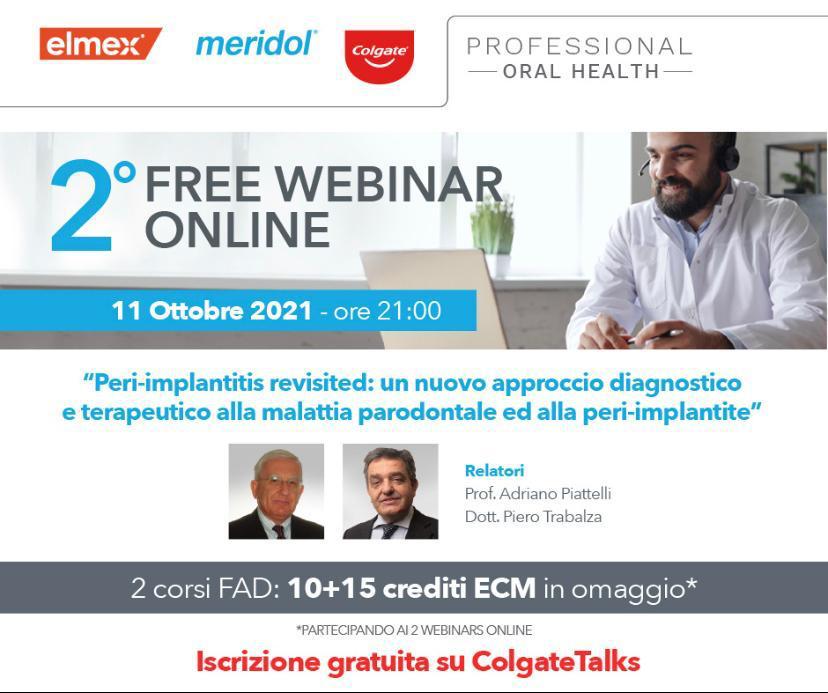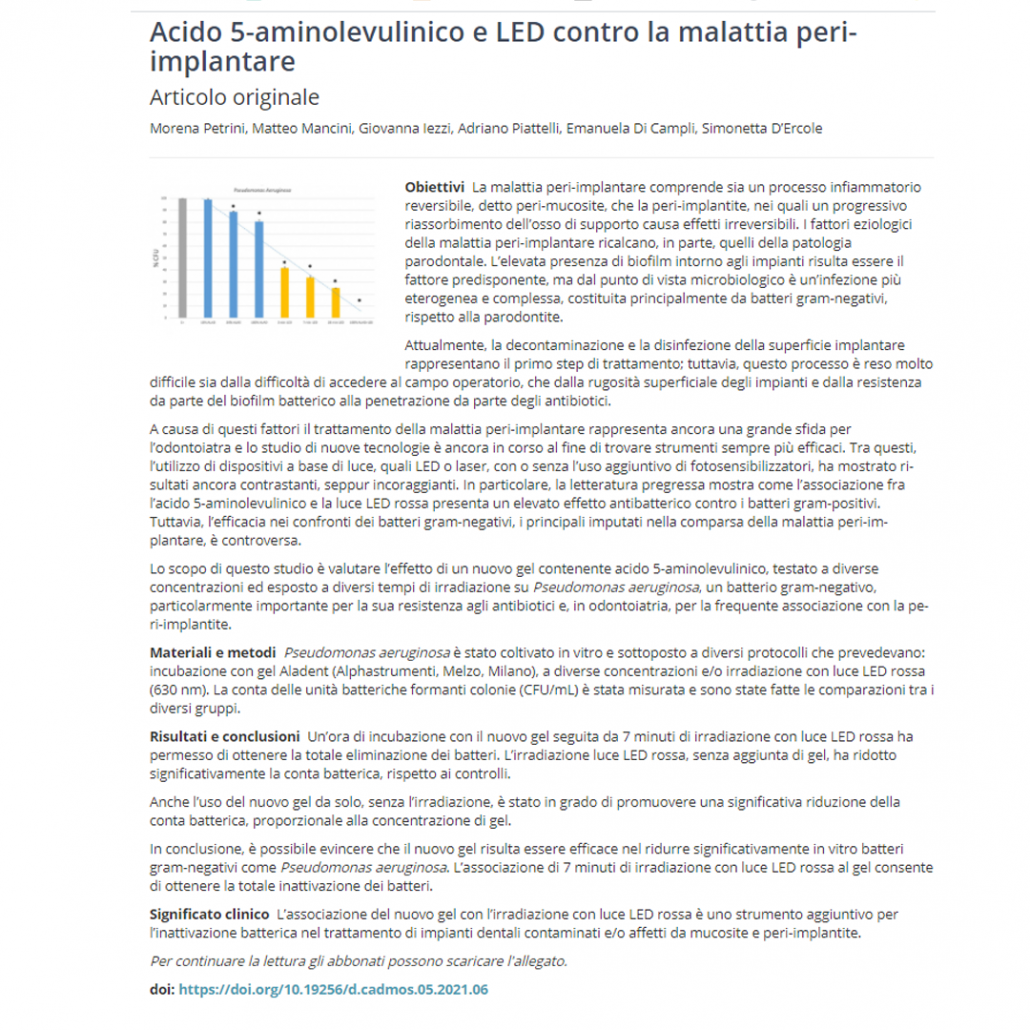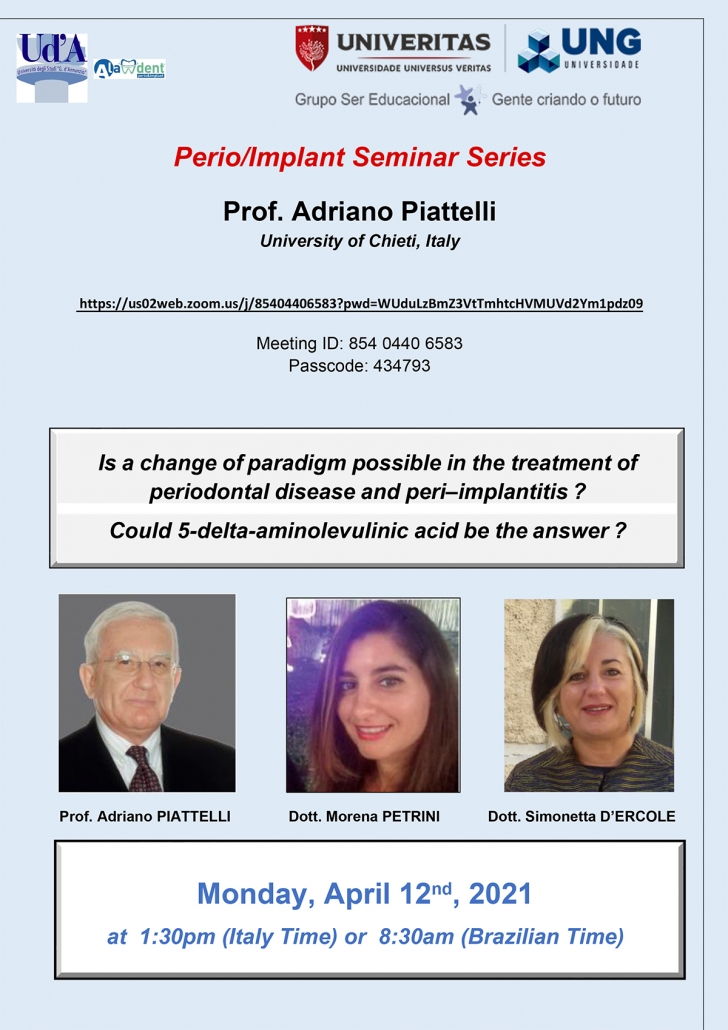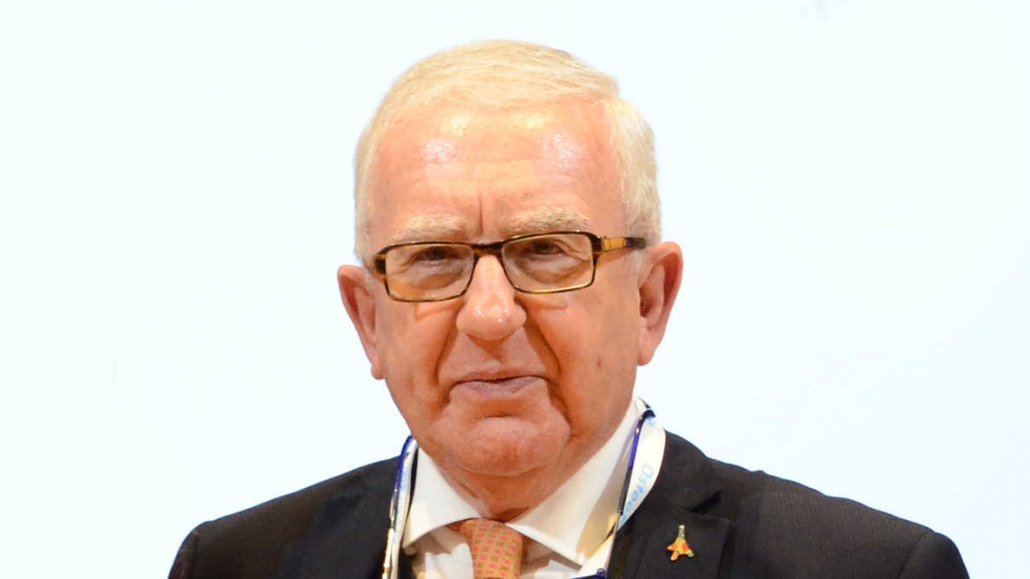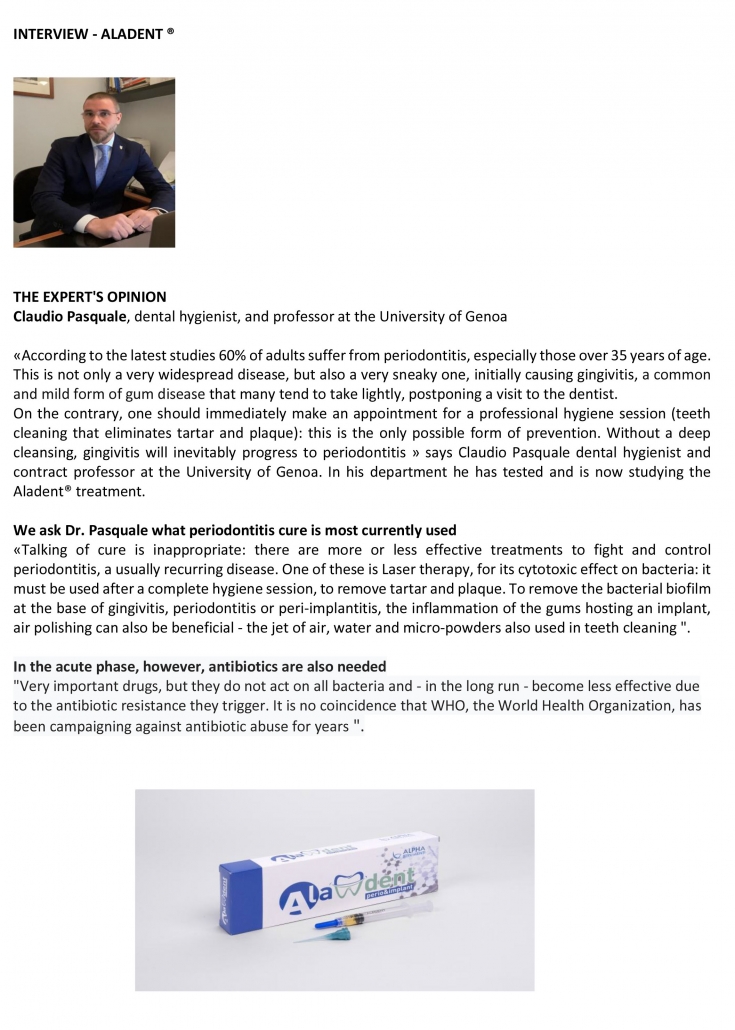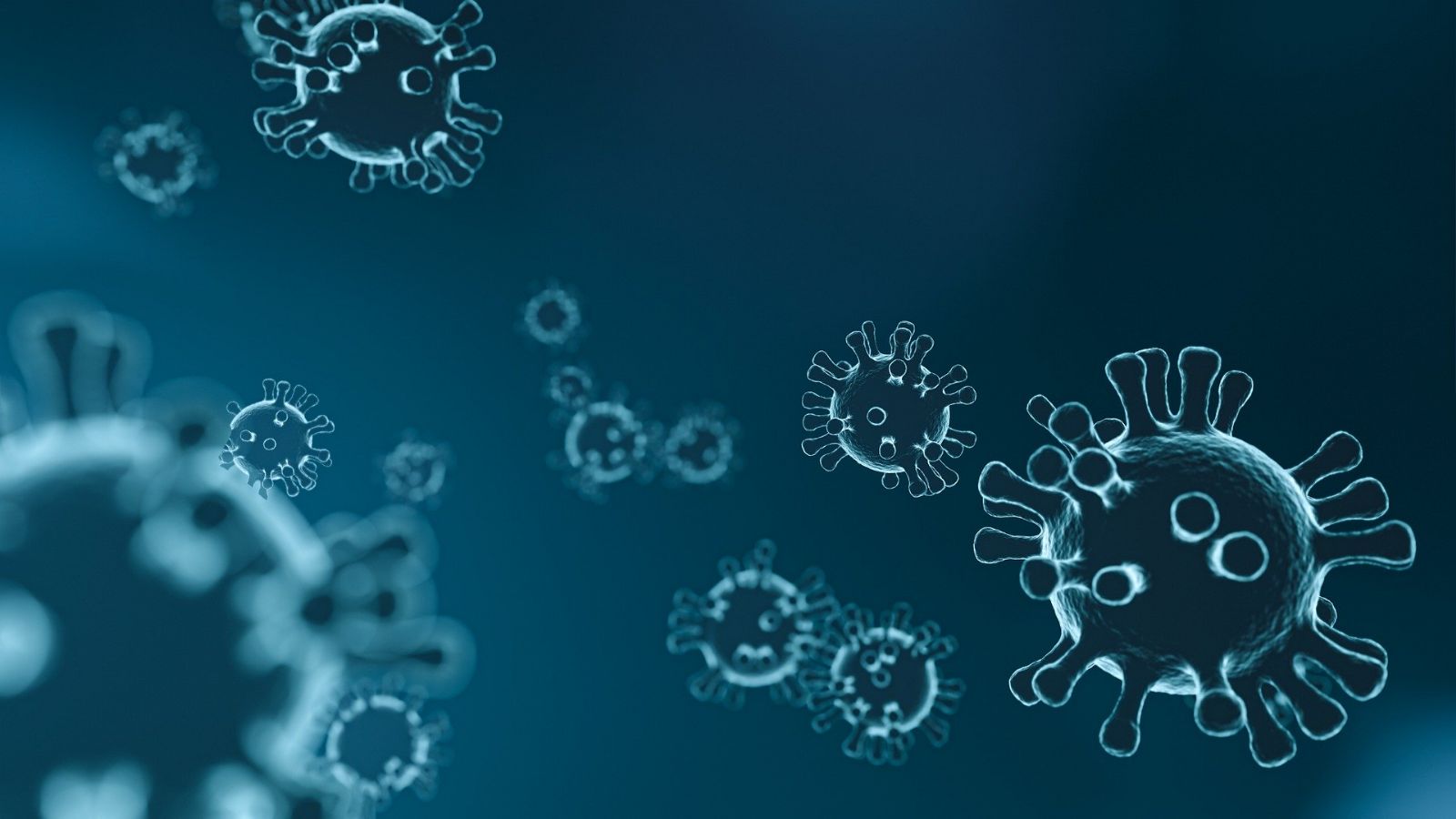Scientist have discovered a link between life-threatening coronavirus infection and gum disease in new research published Thursday.
Gum disease has known links to heart disease and chronic lung disease, both of which also put people at risk for becoming severely ill from or dying of COVID-19.
Researchers in California and Brazil found in a review of studies that COVID-19 patients with high levels of an inflammatory immune protein, called interleukin-6 (IL-6), that indicated they suffered from gum disease were far more likely to need ventilators to keep them alive.
Although IL-6 is involved in many diseases, prior studies have shown that deep cleanings and treatments for gum disease can reduce the levels of the inflammation-triggering protein, the researchers say.
For their paper which is soon to be published in Journal of the California Dental Association, the researchers reviewed previous work on gum disease, IL-6 and various other diseases, including coronavirus.
The most significant finding came from a German paper, published in April.
It found that COVID-19 patients who had high levels of IL-6 (above 80 picograms per milliliter) were far more likely to develop the life-threatening respiratory distress syndrome associated with the infection and need to be hospitalized.
Dr Shervin Maloyem, a dental surgeon in Los Angeles, California, believes that many patient with these high levels of IL-6 already had gum disease when they caught coronavirus.
Gum disease is caused by bacteria that lodge themselves in the gums.
In an effort to fight off the invaders, the body ramps up production of various immune cells, including IL-6.
But those who are genetically prone to having higher levels of the protein are also at greater risk for chronic gum disease.
‘IL-6 is one of the worst ones,’ Dr Maloyem told DailyMail.com.
‘It’s been involved in bone destruction, tissue destruction, and when it goes into blood vessels, it causes cells in blood vessels to not dilate as much,’ which can contribute to high blood pressure and an overworked heart.
Heart specialists have long acknowledged that gum disease is a risk factor for and may help predict cardiovascular disease.
IL-6 belongs to a group of immune cells called cytokines and plays role in the same type of ‘cytokine storm’ that often proves deadly for severely ill coronavirus patients.
It signals other immune cells to activate too, and together these well-intentioned molecules can lead to out-of-control inflammation, in both the gums and the lungs.
And Dr Maloyem says that IL-6 sent to the gums to fight bacteria there can travel – via the blood stream or even inhalation – to the lungs, triggering higher baseline inflammation in them.
This process is thought to be one of the factors underlying the link between chronic obstructive pulmonary disease (COPD) and gum disease.
But Dr Maloyem says it may well be at play in coronavirus patients too, increasing inflammation in their respiratory tracts before they contract the SARS-CoV-2, so the two diseases act like an inflammatory one-two-punch.
IL-K levels are also high in people who are obese, diabetic, elderly or have cardiovascular disease – all groups considered at high risk for coronavirus.
Dr Maloyem’s study did not directly examine the effects of gum disease or its treatment on rates of coronavirus infection or death, but he says addressing the periodontal issue could lower risks nonetheless.
‘We know that just by doing a deep cleaning, patients will decrease their IL-6 levels by about five picograms per milliliter,’ he said.
Since some people are genetically predisposed to have higher levels of IL-6 (and be more vulnerable to gum disease), he also advises getting genetic or blood testing to find out whether you might be at elevated risk for COVID-19.
‘If get sick [from COVD-19] will I get cytokine storm? is that linked to my genetics? If so, maybe I want to wear mask or stay home more,’ Dr Maloyem said.
And, of course, good dental hygiene can’t hurt, and might help keep levels of IL-6 low by preventing gum disease.
